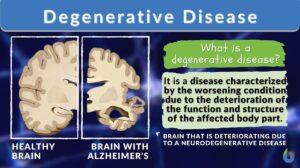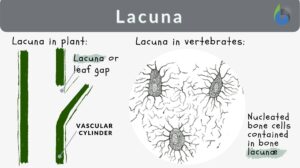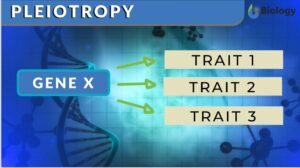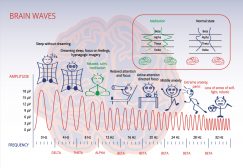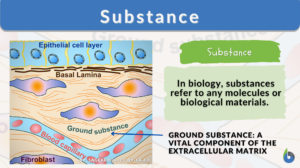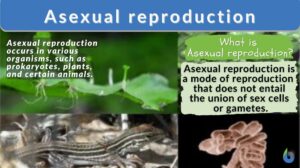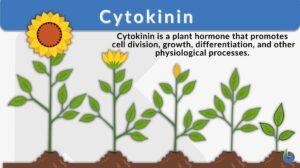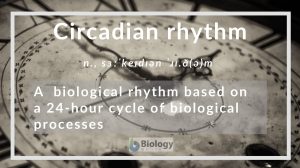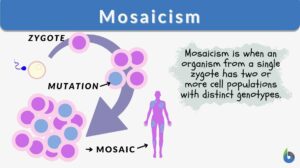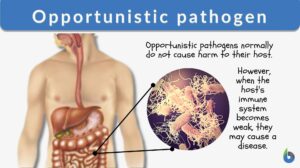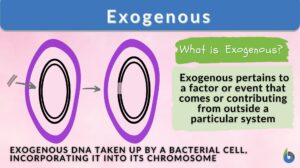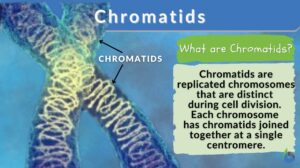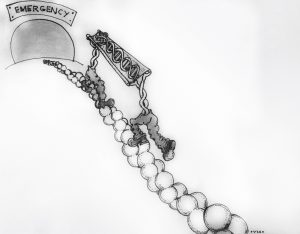Search Results for: aging
Demographic transition
The demographic transition model is a theoretical framework that explains the historical shift in population dynamics as a... Read More
Senescence
Senescence Definition Senescence is defined as biological aging. In cell biology, it refers to the cell wherein it is no... Read More
Mitochondrion
Mitochondrion Definition What are mitochondria? The term “mitochondrion” comes from the two words of the Greek... Read More
Degenerative disease
Degenerative Disease Definition A degenerative disease is defined as a disease characterized by the worsening condition due... Read More
Y chromosome
Y chromosome Definition The Y chromosome constitutes one member of the pair of sex chromosomes within an organism, a common... Read More
Homeostatic Mechanisms and Cellular Communication
Homeostasis is the relatively stable conditions of the internal environment that result from compensatory regulatory... Read More
Pleiotropy
Pleiotropy Definition When one single gene starts affecting multiple traits of living organisms, this phenomenon is known... Read More
Degenerate
Degenerate means to become worse or less of its kind or former state. In biology, it means an entity performs the same... Read More
Monounsaturated fat
What is monounsaturated fat? Monounsaturated fats are healthy dietary fats. They are liquid at room temperature. Unlike... Read More
Vesicocele
vesicocele --> cystocele A condition where the bladder herniates into the vaginal canal. This usually results in stress... Read More
Sleep and Dreams – Neurology
The Falling Asleep Process During the day when we are awake, our body and brain are working tirelessly to operate our body,... Read More
Erythrocyte
Erythrocyte Definition Erythrocytes (red blood cells or RBCs) are the myeloid series of specialized cells that play an... Read More
Physical Development in Humans
The Newly Born Child Depending on the nutrients available to the child within pregnancy and the genetic makeup of the... Read More
Living things
Living Things Definition A living thing pertains to any organism or a life form that possesses or shows the characteristics... Read More
Redox reaction
Redox Reaction Definition What are redox reactions? This is a common term in chemistry and biology. In chemistry, a redox... Read More
Asexual reproduction
Asexual Reproduction Definition What is asexual reproduction? Asexual reproduction is a type of reproduction that does not... Read More
Circadian rhythm
Circadian Rhythm Definition A circadian rhythm is an endogenously-driven biological rhythm with a period close to 24... Read More
Abscisic acid
Abscisic acid (Science: biochemistry) a lipid hormone that inhibits cell growth in plants, it is associated with fruit drop,... Read More
Pyruvic acid
What is Pyruvic Acid? Pyruvic acid is an organic acid that occurs as an intermediate in many metabolic processes. It occurs... Read More
Catabolism
Catabolism Definition Catabolism is the branch of the metabolic process that breaks down complex, big molecules into... Read More
Involution
Definition noun, plural: involutions (1) (biology) Reverting of the uterus and other genital organs to the pre-pregnant size... Read More
Opportunistic pathogen
Opportunistic Pathogen Definition How do we define opportunistic pathogen? The opportunistic pathogen is an infectious... Read More
Chromatids
Chromatid Definition Chromatids are found inside our cells. Chromatids are condensed chromosomes distinguishable during... Read More
How cell fixes DNA damage
DNA repair strategies DNA is crucial to life. It carries the fundamental blueprint for the proper functioning of a cell.... Read More



